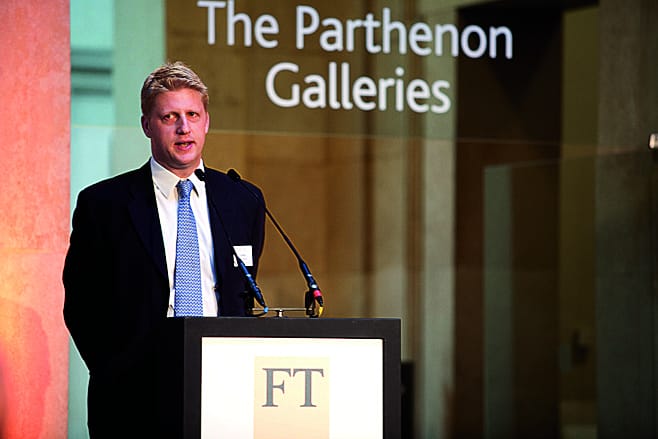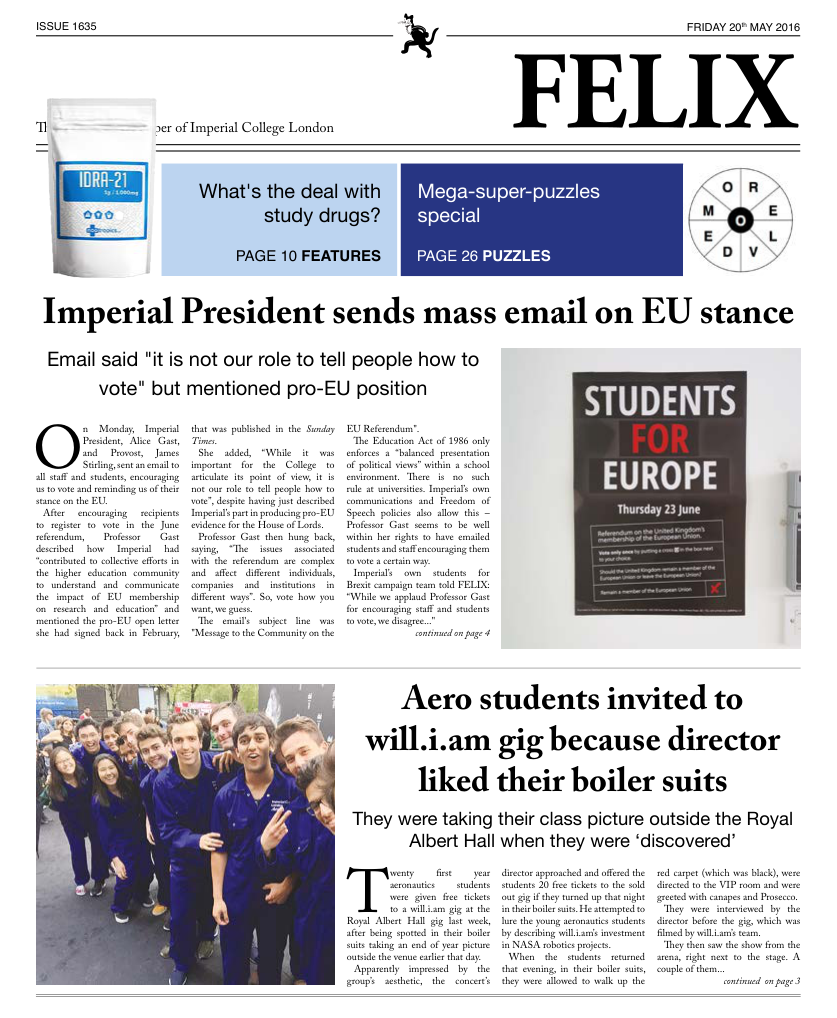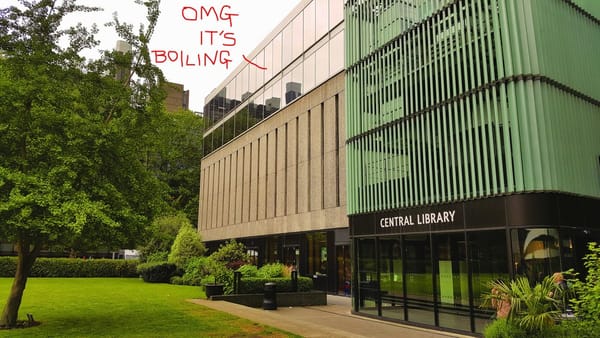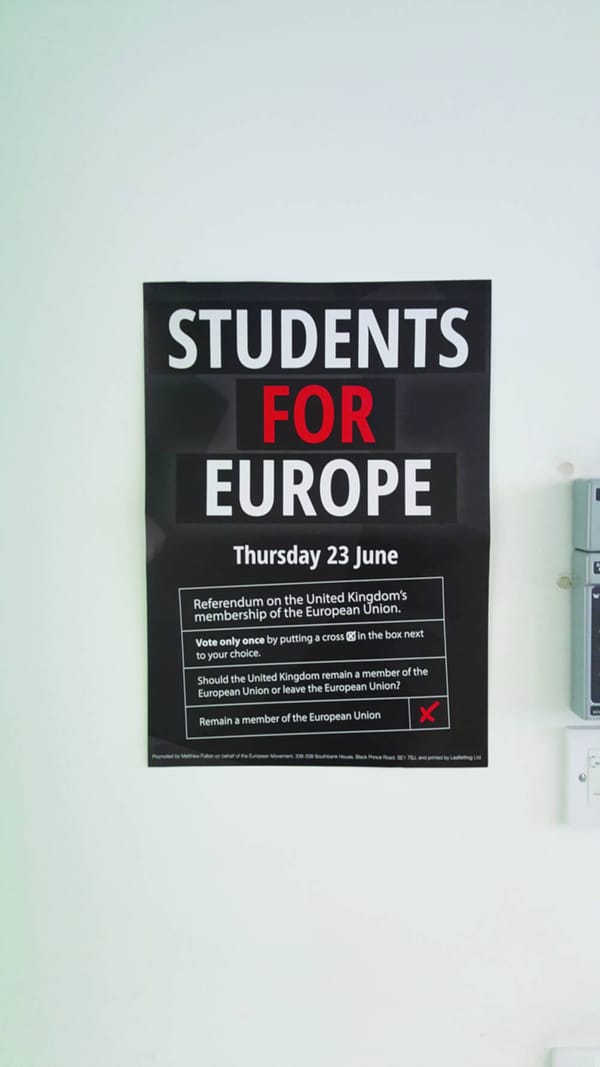Tuition fees will rise with inflation
The government’s white paper on higher education is out and it’s official, fees won’t stay at nine grand

The government has released a white paper this week outlining its future plans for higher education, most notably allowing universities to charge more than £9000 per year in tuition fees.
These plans come just four years after the trebling of tuition fees by the coalition government (and the ensuing protests) and would mean that the top performing universities could increase their fees year on year in line with inflation. This is a category that Imperial would likely fall into, with the changes coming into effect by autumn of 2017.
The proposals mean, at the current rate of 1.6% inflation (RPI), that students would pay an extra £144 a year on top of your £9000. Granted, this is not massive in the grand scheme of things, but just as recently as 2011, inflation in the UK was 5%, equating to £450 a year, sizable when you’re on a 3/4/5+ year course.
Imperial College President, Alice Gast, spoke out against the green paper that proposed this idea and several other initiatives, saying that it is important to “voice our concerns when we think that a proposed framework will inhibit or discourage excellence rather than support and reward it”. The NUS have also come out as staunch critics of the paper.
It’s been argued by some that the policy itself, the Teaching Excellence Framework, is the first step on a slippery slope in which tuition fees for the top universities could rise and rise at will. This could eventually lead to an economic class system between universities.
The green and subsequent white papers are the brainchild of Jo Johnson, Boris’s younger brother and the current Minister of State for Universities and Science. Jo, who attended Oxford University and studied Modern History, came under fire earlier this month too, after he oversaw the renaming of the new Boaty McBoatface polar research ship to RSS Sir David Attenborough.









